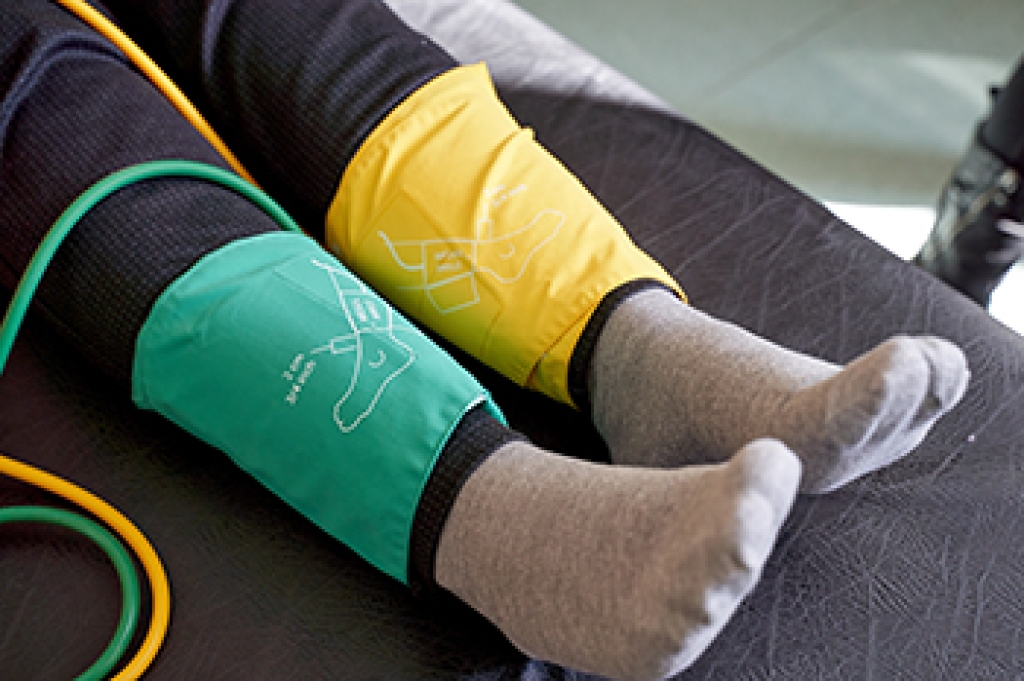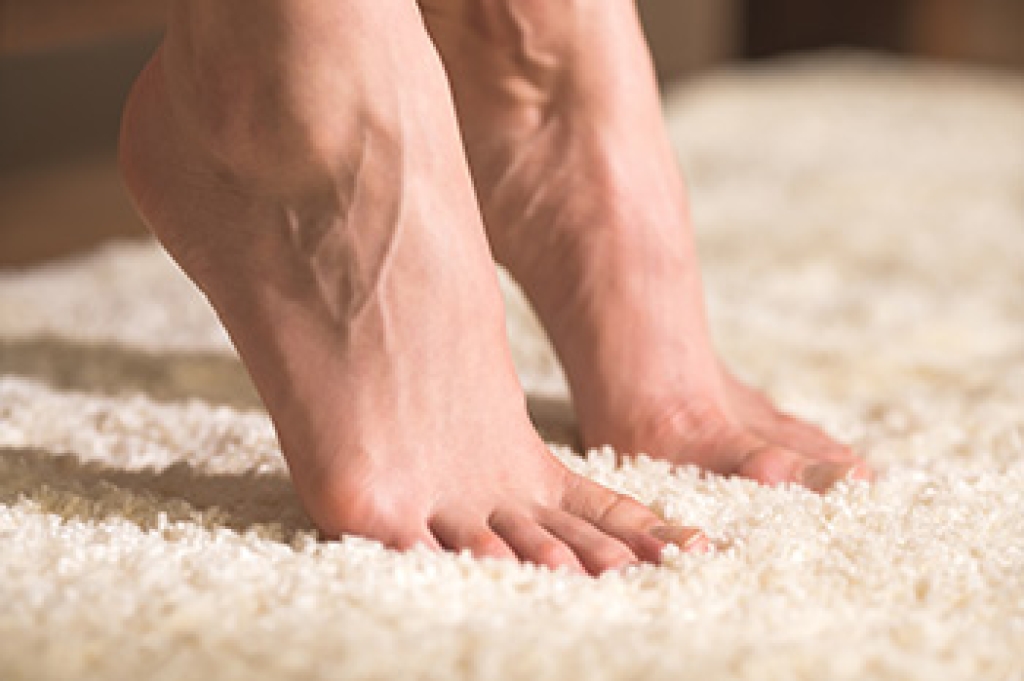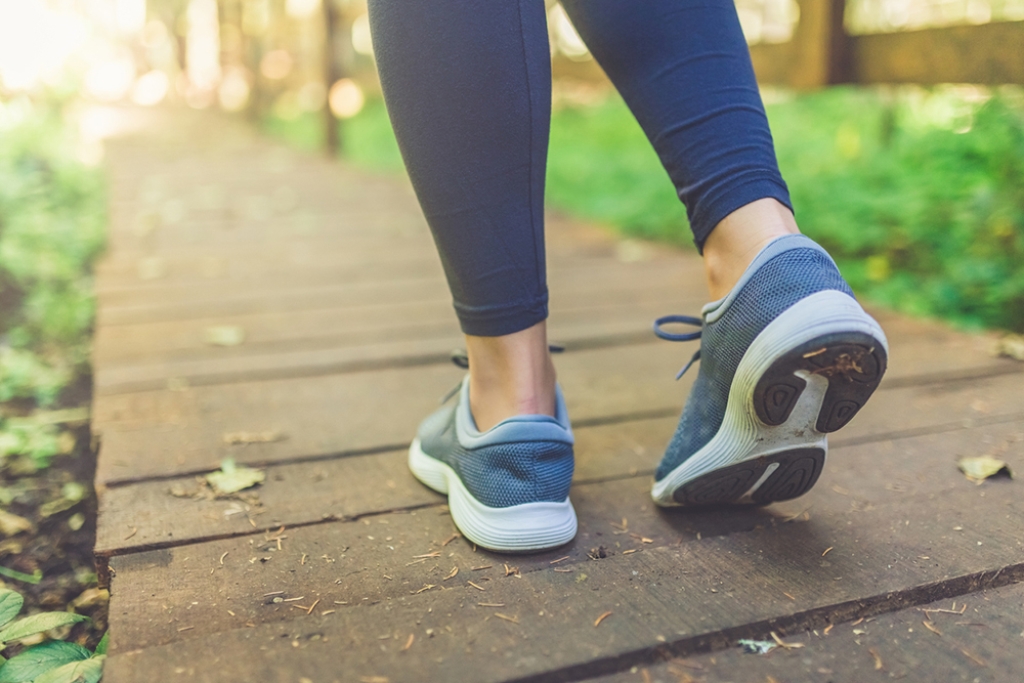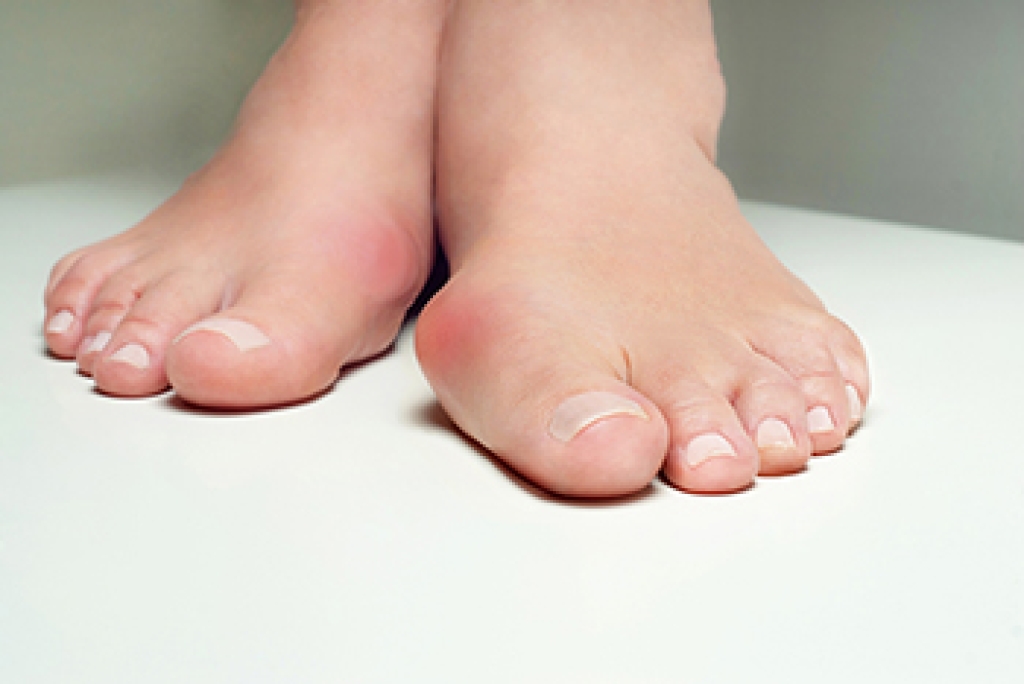
Peripheral artery disease, or PAD, is a circulatory condition that occurs when narrowed arteries reduce blood flow to the limbs, especially the legs and feet. Limited circulation restricts oxygen and nutrients needed for healthy tissue, which can lead to slow healing, skin changes, and increased risk of infection. Individuals may notice cramping, cold feet, color changes, or decreased or absent pulses in the feet. Risk factors include smoking, high blood pressure, diabetes, high cholesterol, and a sedentary lifestyle. Without proper care, complications may become serious and affect mobility. If you have symptoms of PAD in your feet, it is suggested that you consult a podiatrist who can evaluate circulation, monitor foot health, and coordinate care to prevent complications.
Peripheral artery disease can pose a serious risk to your health. It can increase the risk of stroke and heart attack. If you have symptoms of peripheral artery disease, consult with one of our podiatrists from Granite State Podiatry Associates. Our doctors will assess your condition and provide you with quality foot and ankle treatment.
Peripheral artery disease (PAD) is when arteries are constricted due to plaque (fatty deposits) build-up. This results in less blood flow to the legs and other extremities. The main cause of PAD is atherosclerosis, in which plaque builds up in the arteries.
Symptoms
Symptoms of PAD include:
- Claudication (leg pain from walking)
- Numbness in legs
- Decrease in growth of leg hair and toenails
- Paleness of the skin
- Erectile dysfunction
- Sores and wounds on legs and feet that won’t heal
- Coldness in one leg
It is important to note that a majority of individuals never show any symptoms of PAD.
Diagnosis
While PAD occurs in the legs and arteries, Podiatrists can diagnose PAD. Podiatrists utilize a test called an ankle-brachial index (ABI). An ABI test compares blood pressure in your arm to you ankle to see if any abnormality occurs. Ultrasound and imaging devices may also be used.
Treatment
Fortunately, lifestyle changes such as maintaining a healthy diet, exercising, managing cholesterol and blood sugar levels, and quitting smoking, can all treat PAD. Medications that prevent clots from occurring can be prescribed. Finally, in some cases, surgery may be recommended.
If you have any questions, please feel free to contact our offices located in Manchester and Bedford, NH . We offer the newest diagnostic and treatment technologies for all your foot care needs.




